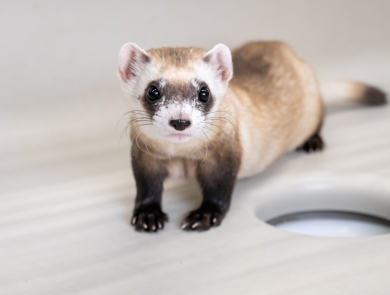Working with others to conserve, protect, and enhance fish, wildlife, plants, and their habitats for the continuing benefit of the American people.
What's going on at FWS
With more than 560 National Wildlife Refuges, 70 national fish hatcheries, numerous regional and field offices across the country and thousands of active conservation projects, the nearly 8,000 employees of the U.S. Fish & Wildlife Service have a lot going on. Here are a few of the latest news stories from across the Service...
Our Focus
The history of the U.S. Fish and Wildlife Service can be traced back to 1871. We are the only federal government agency whose primary responsibility is to manage fish and wildlife resources in the public trust for people today and future generations. Here are just a few of our focus areas...
What We Do For You
If you’re looking for places to experience nature; interested in partnering with us; seeking technical advice, permits, grants, data or scientific research; want to know more about today’s conservation challenges; looking for ways on how you can get involved and make a difference -- the Service has a lot to offer and more…
Visit Us - Our Locations
With more than 560 national wildlife refuges, dozens of national fish hatcheries and more than 100 field offices, there are numerous great U.S. Fish and Wildlife Service locations to visit.















